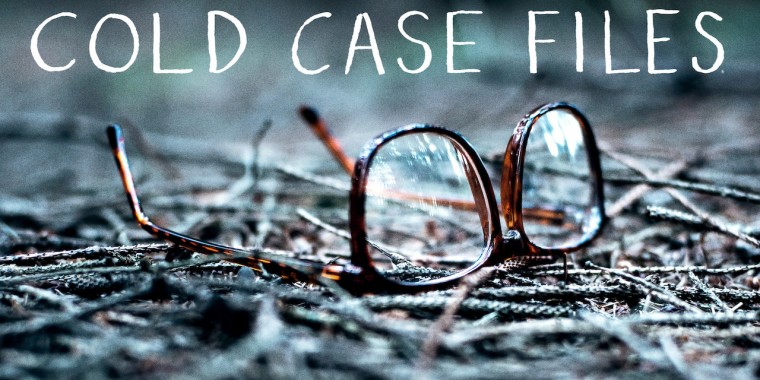

But ambiguous loss… is the sense that you can’t say goodbye,” said Sandra Bloom, MD, a Philadelphia psychiatrist and nationally recognized expert on violence and trauma. Lack of closure, combined with the tragic loss of a loved one, complicates and delays the grieving process, often precipitating longer-term detrimental effects on those left behind, health experts say.


“It also tells you that families and communities do not have closure.” “Anytime you have unsolved murders in a community, that’s going to tell you that murderers are walking around that community,” said Fard, founder and director of Brother Jeff’s Cultural Center. Jeff Fard, the Five Points community organizer and activist known as Brother Jeff, said that the high volume of murders and unsolved murders “paralyzes a community with fear and distrust.” Nine of the cases were not solved.įor community leaders, the numbers represent lives destroyed, families torn apart and communities ravaged.

Twelve people were murdered in this neighborhood during that period eight of the 12 were people of color. The historic Five Points community and adjacent areas northeast of downtown Denver, once a hub of the Black community, were singled out in the Post analysis as having the highest number of homicides and the fewest solved murders between 20. In Colorado, at least 2,500 murders have gone unpunished in the last five decades.īlack Americans living in underserved areas are impacted in greater numbers than other populations by virtue of experiencing more murders and fewer arrests in their communities, according to a Washington Post analysis of homicides over the past decade in high-violence areas of major American cities, including Denver. More than 300,000 homicides across the United States have gone unsolved since the 1960s, leaving families and communities traumatized and struggling to find justice that might never come.


 0 kommentar(er)
0 kommentar(er)
